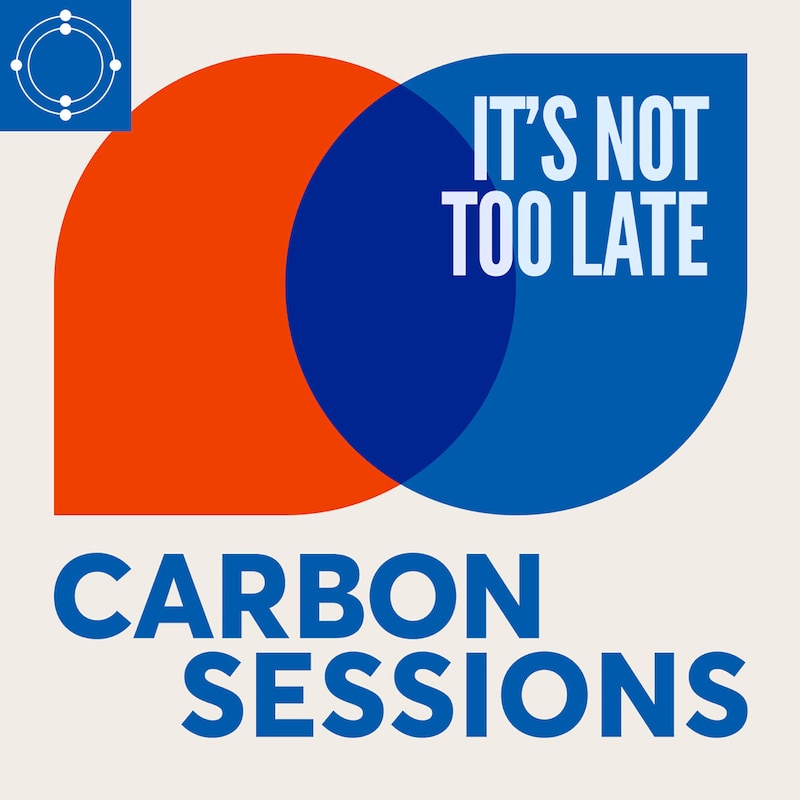ROB:
00:00:00
So what are, what are your thoughts about all, all
ROB:
00:00:02
these animals on the edge of
ROB:
00:00:04
extinction?
JENN:
00:00:06
My thoughts are that the greatest threat to these animals.
JENN:
00:00:11
And there are different lists with different animals that are endangered.
JENN:
00:00:14
And some of these animals I'd never even heard of before, cuz they're in one place.
JENN:
00:00:19
But my thought is that, um, human beings are the greatest threat and
JENN:
00:00:25
it's to do with habitat destruction.
JENN:
00:00:28
That's to do.
JENN:
00:00:29
Poaching and it's to do with the effects of climate change.
JENN:
00:00:33
And so that's on our topic of, of carbon, um, and things that
JENN:
00:00:39
we can do to help the animals.
JENN:
00:00:41
Did you notice that there were more birds singing when we
JENN:
00:00:46
were all locked down in COVID?
ROB:
00:00:49
Yeah, that's one of things like there was silence first.
ROB:
00:00:52
Servers.
ROB:
00:00:52
So you could listen to things.
JENN:
00:00:54
Yeah.
JENN:
00:00:56
Yeah, but I heard that the, some of the bird populations actually
JENN:
00:01:00
increased because there was less, um, traffic and pollution, uh, going on.
ROB:
00:01:07
yeah, not only that
ROB:
00:01:09
I believe the patterns of migration also went back, , like went back out.
ROB:
00:01:14
um, fishes, , like the sea population also get, get some, some stuff over
ROB:
00:01:20
there and, oh, those were two months that were of beauty without noise, right?
JENN:
00:01:27
The, the silver lining to the, the, the hard, hard pandemic.
JENN:
00:01:31
Absolutely.
JENN:
00:01:33
What did you discover about
JENN:
00:01:34
endangered animals or animals in the edge of Extinction?
ROB:
00:01:38
Well,
ROB:
00:01:39
My take animals at the edge of extinction.
ROB:
00:01:42
It's more let, it's all of us from humans taking humans in also
ROB:
00:01:47
Cuz at the pace that we're doing things, if things keep going
ROB:
00:01:51
is slowly like so slowly and incrementally, by the time we're all
ROB:
00:01:55
done, nothing's gonna be lessened.
ROB:
00:01:57
We're a threat to ourselves at some like somehow.
ROB:
00:02:01
Um, as you were saying, like a bit ago, it goes on how we move
ROB:
00:02:05
and spread, you know, cities.
ROB:
00:02:08
So going bigger and going into different environments color
ROB:
00:02:13
COVID because of this somehow.
ROB:
00:02:15
Um, or just going into.
ROB:
00:02:17
I can't remember where it was like it's spring county in India.
ROB:
00:02:20
I think like, I I've seen that cities are growing so big that they go
ROB:
00:02:24
into tiger or elephant, um, areas.
ROB:
00:02:28
Right.
ROB:
00:02:29
I know that in that America, you have poachers also, but not poachers
ROB:
00:02:33
of exotic animals, but of the.
ROB:
00:02:37
I can't remember.
ROB:
00:02:38
What's the word for you have a fish population and you're
ROB:
00:02:43
not allowed to, to fish them.
JENN:
00:02:46
Right.
JENN:
00:02:46
It's restricted.
ROB:
00:02:48
It's restrictions.
ROB:
00:02:48
So like they, they go and jump on those restrictions and.
ROB:
00:02:54
Even though it natural reservations, like in Ecuador, per Chile in Columbia, right?
ROB:
00:03:02
Or just off the 200 miles that has every country of the waters and
ROB:
00:03:08
that you have this huge ships that are just, um, taking all, all.
ROB:
00:03:15
Types with huge nets and it doesn't matter what goes in or not.
ROB:
00:03:18
Right.
ROB:
00:03:19
So that definitely has an impact on the population increase
ROB:
00:03:22
or decrease in this case.
JENN:
00:03:24
It does.
JENN:
00:03:25
I, I, uh, one of the things that, um, my son bought for me for Christmas a
JENN:
00:03:30
few years ago, which is something that everyone can do is, um, well, he said,
JENN:
00:03:36
I bought you an elephant mom and what he did was he bought me a year long.
JENN:
00:03:43
Um, A year long, uh, support of an
JENN:
00:03:47
Sponsorship.
JENN:
00:03:48
Thank you of an elephant in a wildlife reserve that is for preserving
JENN:
00:03:54
animals that have, um, you know, this little elephant had lost its
JENN:
00:03:59
mom because its mom had been poached for, um, I guess tusks parts.
JENN:
00:04:06
I don't know, but the mom had been killed and this little
JENN:
00:04:09
baby elephant was taken into a wildlife reserve and people around
JENN:
00:04:13
the world can, can buy a sponsorship of these animals and, you know,
JENN:
00:04:19
help to feed and look after.
JENN:
00:04:21
These species and, and that was something that, , he did for me.
JENN:
00:04:26
And I thought that was beautiful because I don't need anymore stuff.
JENN:
00:04:30
and, uh, and it was, I just thought that was a beautiful gift
JENN:
00:04:35
for the little elephant and for the planet as well as for me.
JENN:
00:04:39
So that's
JENN:
00:04:39
something that is, is something that people




